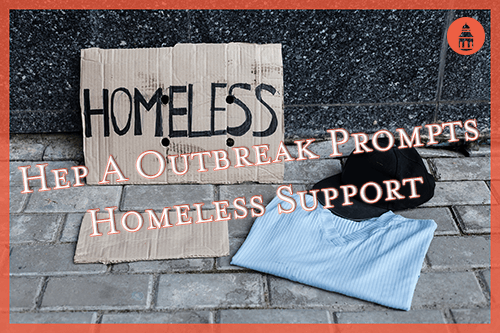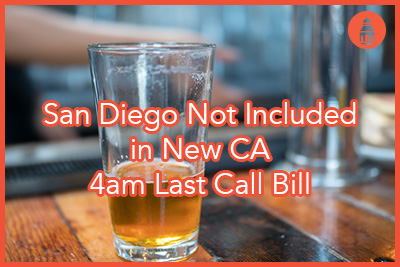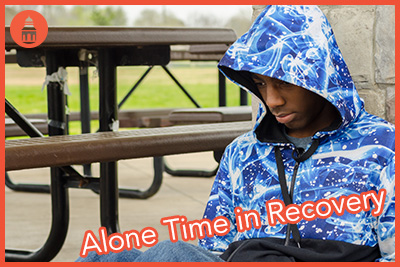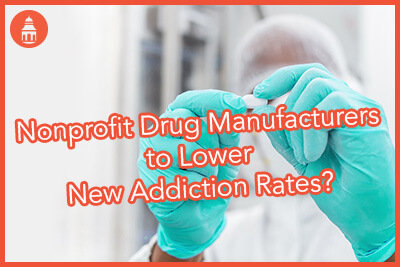
It is not just opioid overdose and untreated mental health symptoms that are negatively impacting the homeless in San Diego. An outbreak of hepatitis A has been so severe that the city has responded by erecting giant tents to protect the homeless and contain the outbreak. Each tent holds up to 350 people – one for families, one for veterans, and one for individuals. Twenty people have lost their lives to hepatitis A in San Diego in the last year, and this latest effort is an attempt to elevate and clean up living conditions for those who are most at risk.
These tents, which are supported by local businesses and people in the community, offer a clean living environment. In addition, mental health treatment services and housing assistance are available as well.
Hepatitis A is primarily transmitted through infected feces. For example, if someone with the virus goes to the bathroom and does not wash their hands well afterward, and they pick up a utensil or share a personal use item, they could unintentionally pass the virus to someone else. It is one of the many consequences and side effects of untreated mental health problems and substance abuse that results in homelessness and/or unsanitary living conditions.
Hepatitis Virus and Addiction
Hepatitis B and C, however, are passed through bodily fluids. For many people who live in active addiction, the risks of contracting these viruses through shared needles or unprotected sex is far higher than in the general public. An ongoing study out of the University of California San Francisco called the UFO Study has tracked rates of hepatitis B and C among young people who inject drugs for more than a decade. They note a hepatitis B incidence rate of 21 percent among study participants. They have also found a hepatitis C incidence rate of 27 percent among study participants. While some young people have spontaneously cleared the infection, many of them become re-infected.
According to CNN, about 3.5 million Americans are living with a hepatitis C infection.
Stigma
Though many people in the community are in support of the large tents and San Diego’s attempts to curb the hepatitis A outbreak, some who live in the area are concerned about how their quality of life is impacted. Some share stories of scary or intense interactions with homeless people attracted to the area for the tents and voice concerns that this trend will continue as news of the tents spread.
Public safety is a viable concern, and it is tough to balance the health and wellness of one group with another. People who are in crisis who have no one to advocate for them are clearly in need of support, but so are the community members who work hard to maintain a healthy and safe environment locally.
In other cases, however, concerns about establishing treatment programs and/or sober living homes in a neighborhood may stem from stigma rather than from a viable concern for safety. The “not in my backyard” philosophy grows out of the antiquated notion that addiction disorders indicate a character flaw or a moral failing as opposed to a medical disorder with physiological and psychological effects. However, there is evidence to suggest that a community of support increases the likelihood of long-term success in recovery, putting the neighborhoods that choose to embrace addiction treatment programs and sober living homes in the position of being an active part of the solution to some of the gravest issues facing our society today.
How Can You Support Those in Recovery?
Are there people in your community who would benefit from your support as they battle mental illness, addiction, and medical ailments? Is there someone in your family who needs your assistance connecting with treatment services that will help them to begin the healing process? It can be a long road from the moment you realize a loved one needs intervention due to addiction, but when you decide to take action, there is hope for a new life in recovery.



